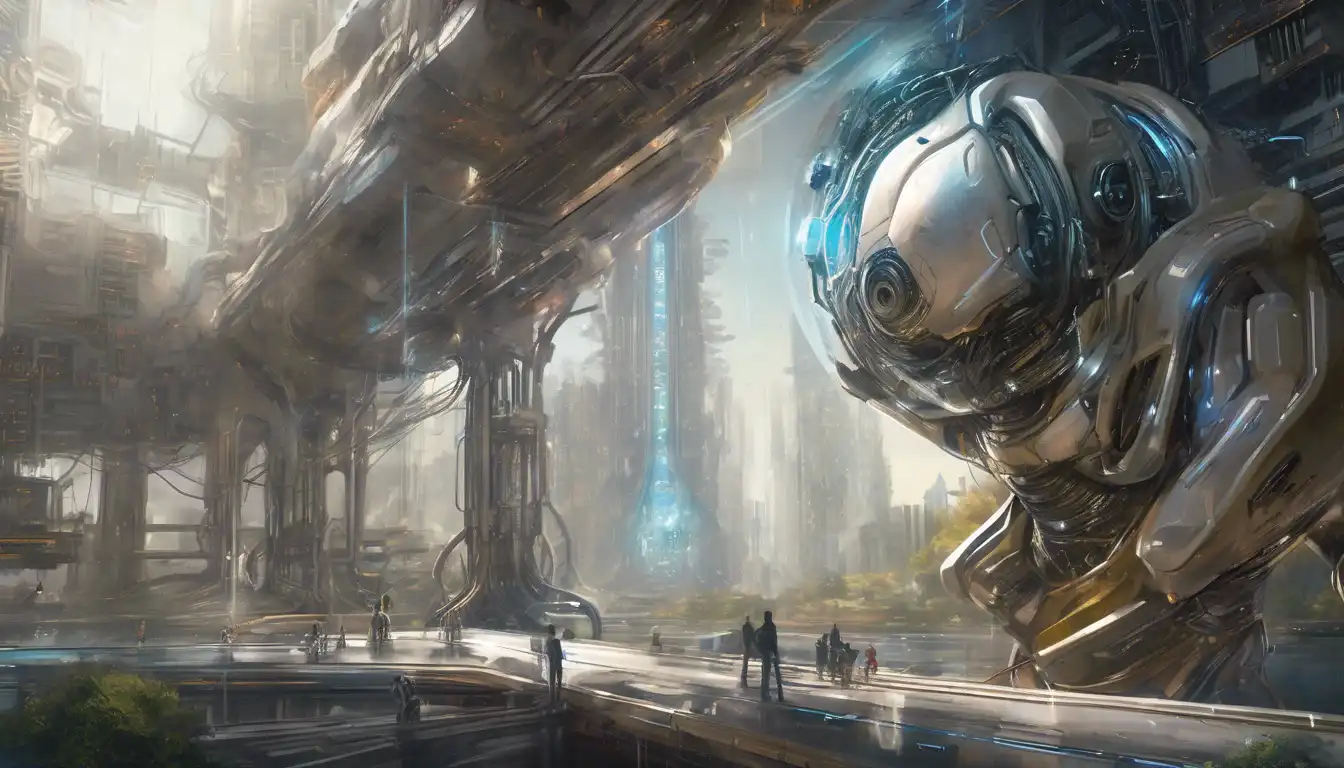Introduction to Artificial Intelligence's Evolution
Artificial Intelligence (AI) has transitioned from a futuristic concept to a cornerstone of modern technology. Today, AI's trajectory is not just about what it can do but how it's reshaping industries, societies, and the very fabric of human interaction. This article delves into the current state of AI, exploring its potential and the challenges it faces.
The Current State of AI
AI today is more accessible and integrated into daily life than ever before. From machine learning algorithms that power recommendations on streaming platforms to AI-driven diagnostics in healthcare, the technology is making leaps and bounds. The focus has shifted from theoretical possibilities to practical applications that enhance efficiency, accuracy, and personalization.
Key Trends Shaping AI's Future
- Automation and Employment: AI's role in automating repetitive tasks is undeniable, but its impact on employment remains a hotly debated topic.
- Ethical AI: As AI systems become more prevalent, the call for ethical guidelines and transparency in AI operations grows louder.
- AI in Healthcare: From predictive analytics to robotic surgeries, AI is revolutionizing healthcare delivery and patient outcomes.
- Quantum Computing and AI: The integration of quantum computing promises to unlock new potentials in AI's problem-solving capabilities.
Challenges and Considerations
Despite its advancements, AI faces significant hurdles. Data privacy concerns, the digital divide, and the need for robust AI governance frameworks are just a few of the challenges that need addressing. Moreover, ensuring AI's benefits are equitably distributed remains a pressing issue.
Looking Ahead: AI's Potential
The future of AI is not just about technological innovation but also about how society adapts to these changes. With ongoing research in neural networks and cognitive computing, AI's potential to solve complex global challenges is immense. However, achieving this potential requires collaboration across disciplines and borders.
Conclusion
As we stand on the brink of AI's next era, it's clear that the technology's trajectory is as much about human choices as it is about algorithmic advancements. By fostering ethical practices, inclusive growth, and continuous innovation, the future of AI can be as promising as envisioned.
